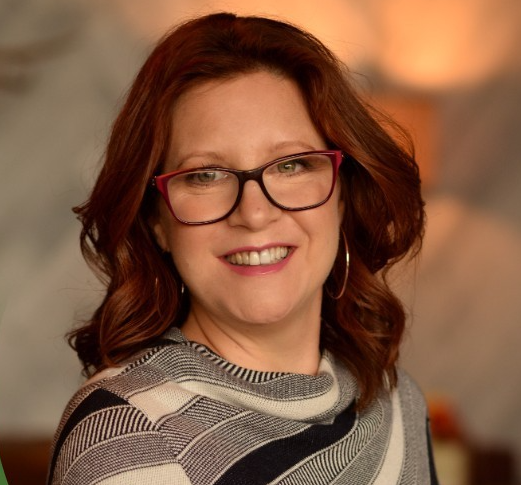My View on Sexuality’s Role in Recovery: No More Slut Shaming!



April Wilson Smith, MPH, is a PhD student in Population Health at Thomas Jefferson University in Philadelphia. Her research focuses on harm reduction approaches to people who use substances when they enter the healthcare system.




April Wilson Smith, MPH, is a PhD student in Population Health at Thomas Jefferson University in Philadelphia. Her research focuses on harm reduction approaches to people who use substances when they enter the healthcare system.
One of my sponsors used to call her former self a “boozie floozie,” referring to the sexual relationships she’d had during active addiction. In women’s meetings, I would often hear others confess their sexual escapades, almost as though the sex were more of a problem than the drinking.
In my rehab facility, I heard teenage girls describe themselves as “promiscuous” because they had had more than two boyfriends. There were strict rules for what girls could wear—a bra was required, shirts had to be long enough to cover your butt if you were wearing yoga pants, shorts of a certain length—but almost no rules for the boys' dress code.
I’m all for getting over substance abuse problems, but why bring “slut shaming” into recovery?
Morality’s Role in AA
It’s no big secret that Bill Wilson, founder of Alcoholics Anonymous, had a problem with women. The tales of his extramarital affairs and the patience of his long-suffering wife, Lois, are legendary. There was even a group of founding AA members who came together to police Bill’s behavior around pretty female newcomers. “There’s a slip under every skirt,” he was quoted as saying.
Bill’s ideology, which forms the foundation of Alcoholics Anonymous, comes from the Oxford Movement, an Evangelical Christian organization that focused on confessing sin and repentance.
His behavior with women was in direct contradiction to the doctrines, but the influence of Evangelical Christianity’s beliefs about female chastity lives on in “The Rooms” to this day.
When Sexuality and Recovery Collide
In rehab, we confessed our sins…and sexual sins were among them. For the most part, I kept my mouth shut. I’ve never been married and have dated a fair amount—two things of which I’m not in the least ashamed. But I kept up the persona of the good girl, not wanting to be attacked about something that I feel is completely irrelevant to the subject of getting sober.
It’s true that in active addiction, we do things to hurt ourselves and others. I think for some people (not just women), sex is another way to numb the pain, and we all know that alcohol lowers our inhibitions. Having sex with people who don’t respect us can also be a sign that we lack a sense of self-worth – an issue most of us have to confront in recovery.
But sex—in and of itself—is not the problem. The number of people I’ve slept with or the length of my skirt are not problems. In my personal opinion, the real problems related to sexuality in recovery come in the form of dangerous sexual behaviors – sex that makes us feel bad about ourselves, violates our own personal values, or disrespects the humanity of the other person.
So, what do you think about the role of sexuality in recovery? Should people feel compelled to reveal past sexual exploits while in treatment? Does that even play a role in the recovery process?
Find a Treatment Program That Respects Your Whole Story
Recovery should never come with shame. If you’re looking for care that supports sobriety and honors your identity, boundaries, and lived experience, Recovery.com can help you find drug and alcohol treatment centers aligned with your values. Explore programs that prioritize trauma-informed, respectful healing, and choose support that empowers you, not judges you.
Our Promise
How Is Recovery.com Different?
We believe everyone deserves access to accurate, unbiased information about mental health and recovery. That’s why we have a comprehensive set of treatment providers and don't charge for inclusion. Any center that meets our criteria can list for free. We do not and have never accepted fees for referring someone to a particular center. Providers who advertise with us must be verified by our Research Team and we clearly mark their status as advertisers.
Our goal is to help you choose the best path for your recovery. That begins with information you can trust.













